Could the way you eat save your life? More and more research is showing that what you eat and drink can protect your body from a bunch of health problems - studies show that up to 70% of heart disease cases can be prevented with the right food choices.
What's good for your heart health is good for your brain and good for you in general, says Arthur Agathot, renowned cardiologist and founder of the South Beach Diet.
There's just one little trick to turning the kitchen into a universal tool for maintaining heart health:
Don't just stick to the same foods. The secret is in different types of fish, vegetables, whole grains and other products to enjoy every day. With that in mind, we've compiled a list of the 25 Best Foods for Heart Health.
Salmon
Baked, grilled or steamed, this delicious, plump fish is packed with omega-3 fatty acids that improve metabolic markers for heart disease. It also has high levels of selenium, an antioxidant, which studies show increases cardiovascular protection.
Sardines
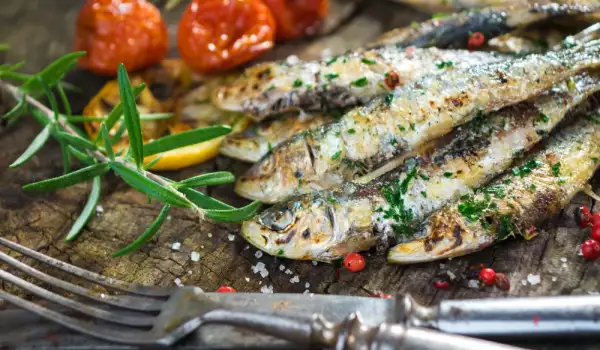
They are also rich in omega-3 in the form of fish oil, which increases the "good" cholesterol and reduces the risk of sudden heart attacks in people who have experienced previous heart crises. Prefer fresh to avoid the high salt content of canned.
Liver
Liver contains fats, which are good for the heart, says Dr. Williams Davis, a Wisconsin-based preventive cardiologist and author of Wheat Belly.
Walnuts
Walnuts are full of omega-3 fatty acids, fiber, vitamin E and folate, which promote heart health. They are also rich in polyunsaturated fats. Walnuts can help keep maintain your sharp memory.
Almonds
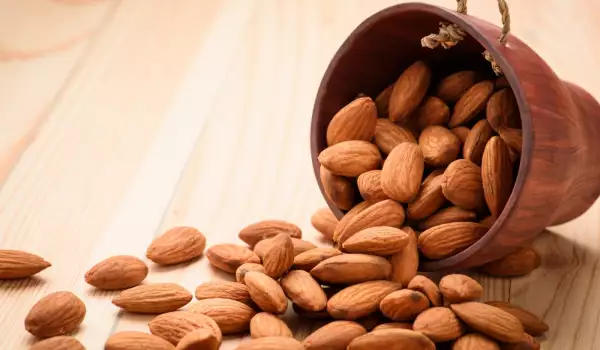
Like walnuts, these nuts contain omega-3s and provide an alternative for people who don't like walnuts. Extremely beneficial food for heart health.
Chia
Just one tablespoon of this plant-based omega-3 powerhouse contains just 60 calories and helps reduce bad cholesterol and plaque buildup. Mix them with yogurt, soup or sprinkle them on a salad.
Oatmeal
The highly popular benefits of eating oatmeal have long shown it to be a great cholesterol-lowering food. But only eat the plain, unprocessed kind. Flavored versions contain sugar.
Blueberries
These dark fruit are full of resveratrol (a powerful antioxidant) and flavonoids, another type of antioxidant, which helps prevent coronary disease. Add them to oatmeal, muffins or yogurt, you will always get a wonderful and delicious result.
Coffee

Studies show that coffee is high in antioxidants and reduces the risk of type 2 diabetes. Up to 3 cups a day also boosts cognitive levels and helps reduce the risk of Alzheimer's disease. Just avoid adding sugar.
Red wine
Extremely rich in resveratrol, a compound with antioxidant properties that may help prevent cancer, according to a University of Leicester study. Resveratrol is found in fruit with dark skin. Madiari and Cabernet typically contain high amounts of procyanidin, an antioxidant that helps lower cholesterol and increases arterial health.
Green tea
Reduce hypertension, by regularly drinking a glass of this drink, long favored by Chinese healers for its healing properties. At the heart of these properties are catechin and flavonoids, antioxidants with numerous cardio benefits, including reducing blood clots.
Soy milk
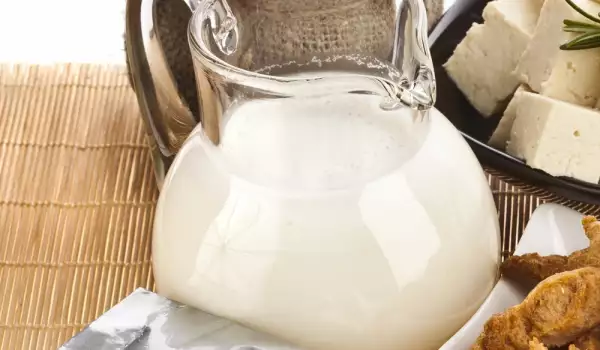
It is rich in the organic compounds isoflavones, which have been shown to help lower cholesterol. Unlike milk obtained from animals, this drink contains no cholesterol and is naturally low in fat. It also contains niacin, which helps improve blood circulation.
Dark chocolate
Yes! You are not hallucinating. But choose one that contains at least 70% cocoa, which has been linked to lowering blood pressure, because the flavonols it contains relax arteries and increase blood flow. Make sure it's free of saturated fat from additives like palm oil.
Raisins
Eat a handful of them regularly to reduce high blood pressure. Raisins contain potassium, which helps lower hypertension and increases immune-modulating antioxidants.
Broccoli
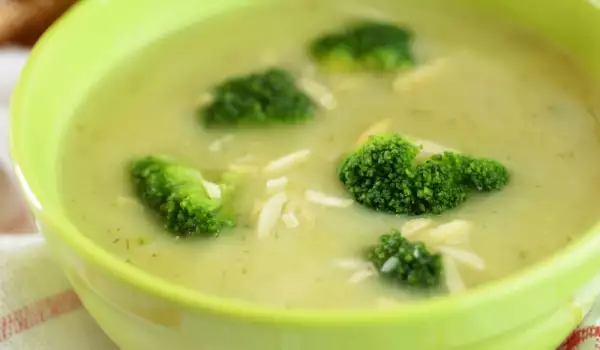
You knew they were going to be on the list, didn't you! This vegetable is low in cholesterol, high in fiber and rich in antioxidants. It is also good for protecting your joints.
Brussels sprouts
Whether you hate or love this vitamin-rich vegetarian product that looks like mini cabbages, there's no denying that it is food for your heart. Among its health benefits are: reducing inflammation in the cardiovascular system and improving blood vessel health.
Cauliflower
It's not green, but it's full of antioxidants, high in fiber, and contains allicin, a compound in garlic that's been shown to lower heart attack risk and lower cholesterol.
Sweet Potatoes
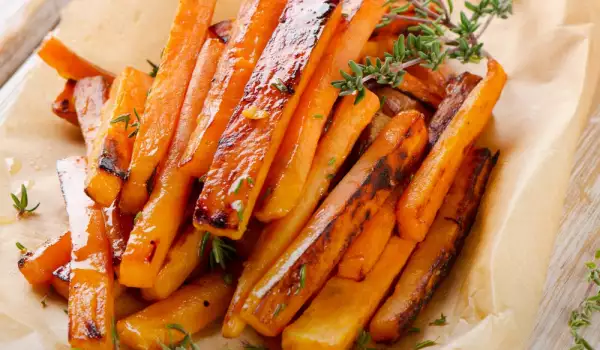
A great source of vitamin C, calcium and iron, which help reduce high blood pressure. Eat them with the skin, which is full of healthy nutrients.
Whole grains
We recommend gluten-free whole grains, including oat bran and rice, which regulate cholesterol. Avoid processed, refined grains, which have been linked to an increase in heart disease, including clogged arteries.
Apples
This fruit is full of antioxidants, especially polyphenols, which protect against free radicals. Apples also contain pectin, which blocks the absorption of cholesterol and fiber, which flushes out cholesterol. The result of eating one apple a day according to a recent study is a 40% reduction in LDL cholesterol.
Oranges

Another source of pectin, this citrus fruit is full of flavonoids, which lower blood pressure and reduce artery inflammation. Oranges also contain hesperidin, a plant chemical that improves blood flow to the heart and vitamin C, a powerful protector against stroke.
Grapefruit
Like oranges, grapefruits are high in vitamin C, which research suggests may help prevent stroke and help lower cholesterol.
Avocado
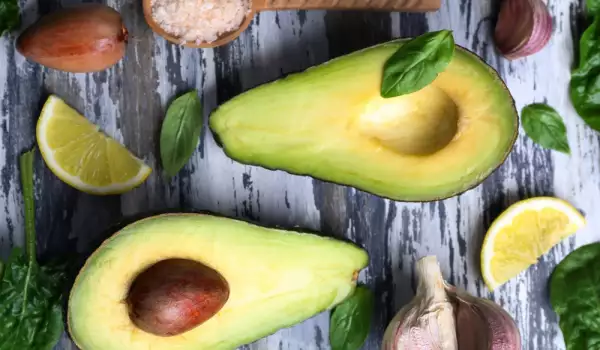
This fruit is rich in monounsaturated fats, also known as good fats, which can help minimize blood cholesterol and blood clots. But they are also high in calories (240 per medium-sized avocado), so be careful and consume it in moderation.
Avocado oil
Derived from the fruit, avocado oil has been said to be healthier than cooking oil due to its ability to alter fatty acids in the tissues around the heart. A 2005 National Heart Institute study found that the oil may reduce hardening of the arteries.
Olive oil
Make sure it's Extra Virgin when you buy it. The purer olive oil contains higher levels of good fats and antioxidants that help unclog arteries and is significantly healthier for the heart than vegetable oil and its "bad" cholesterol-raising fats.
Combine these products in your daily diet in all possible ways. And here are our ideas for healthy, heart-friendly recipes:
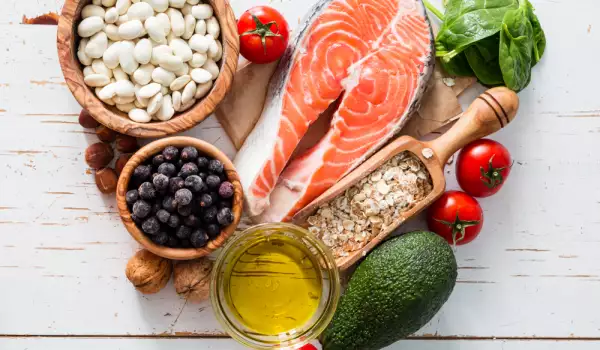
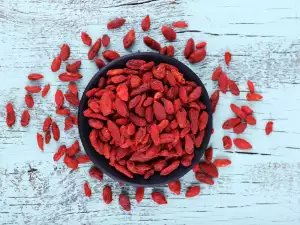

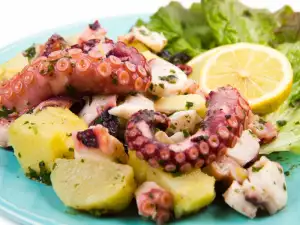


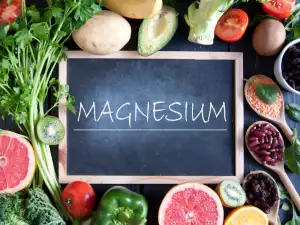
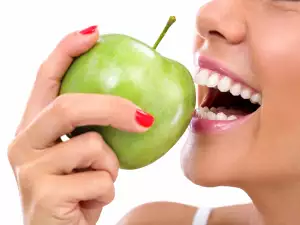
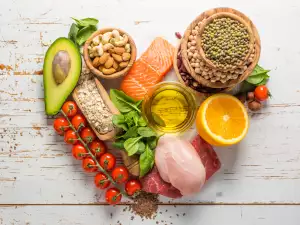
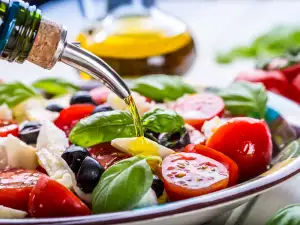

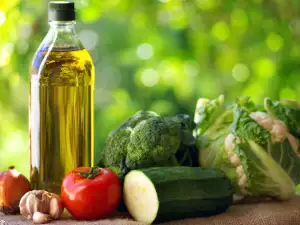
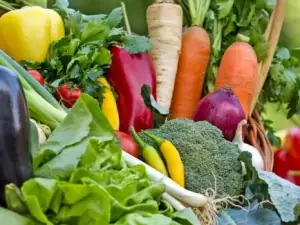
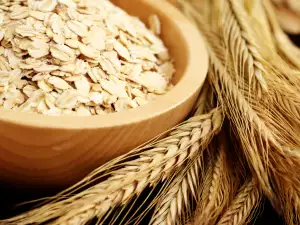
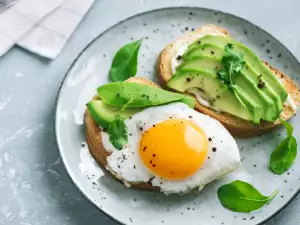
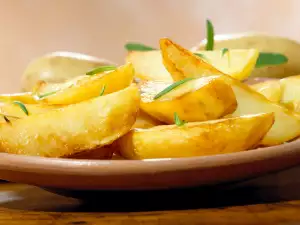




Comments